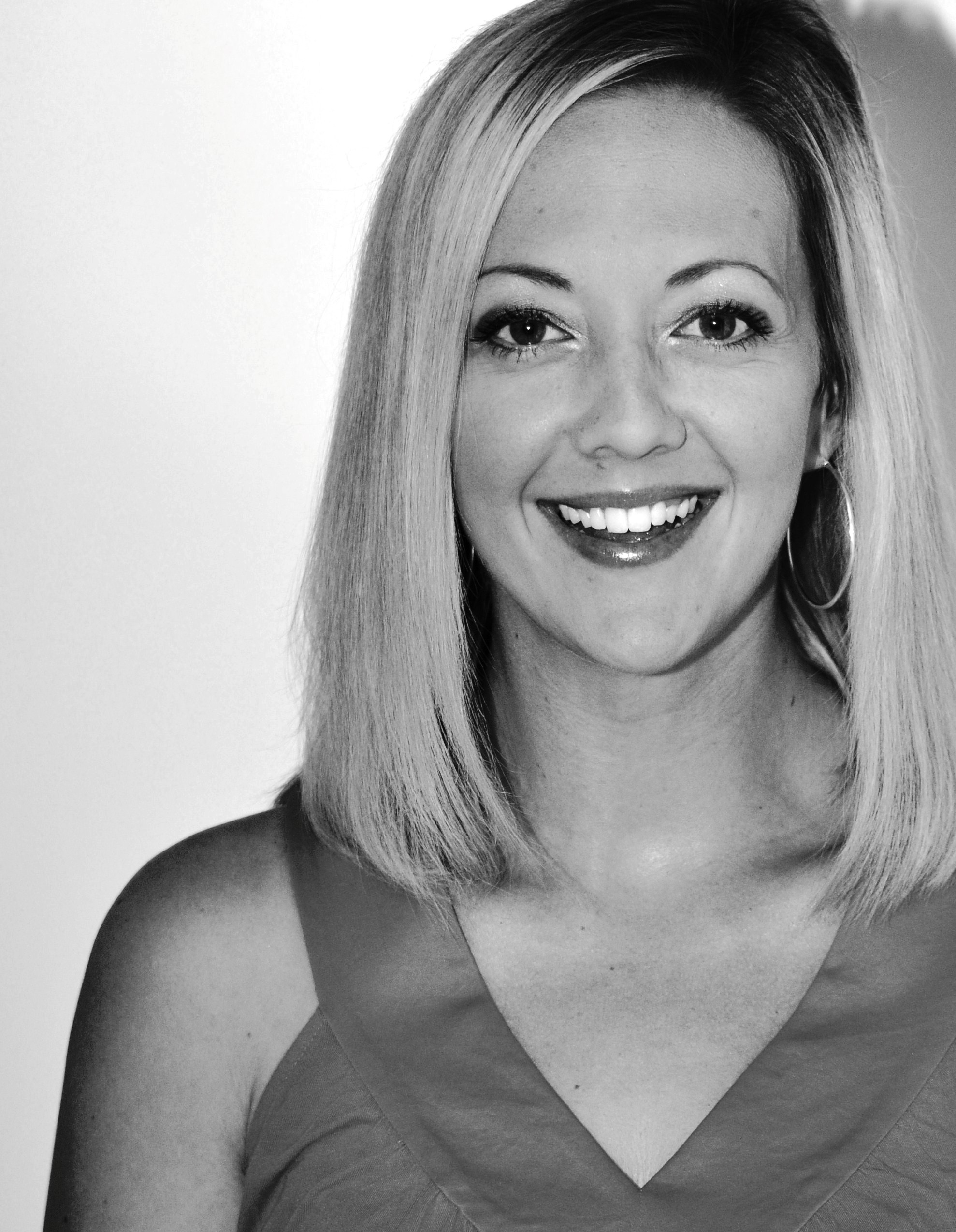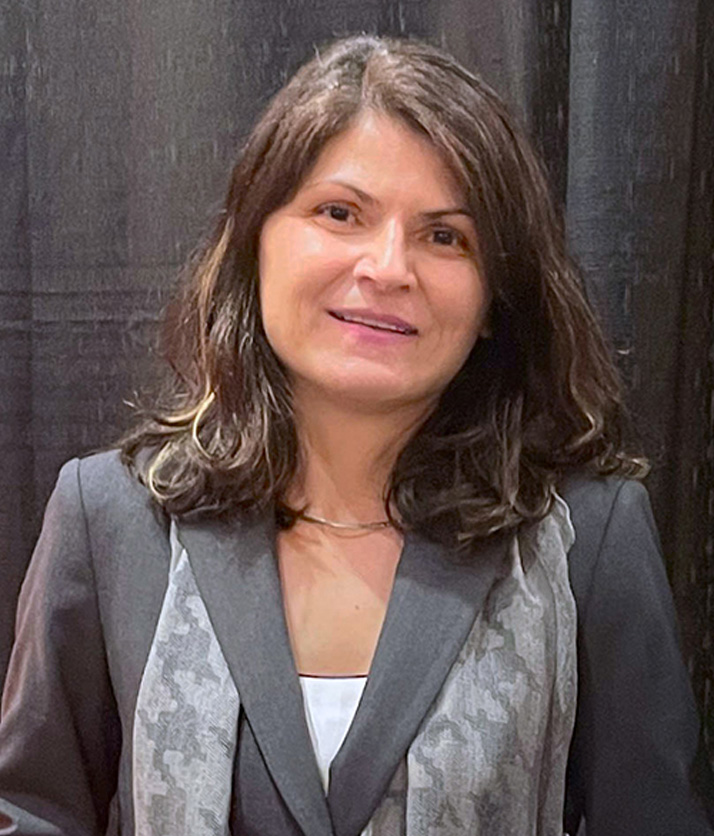Spring 2024 Faculty Fellows
The Humanities Center congratulates Ali Duffy, Professor of Dance, and Maia Toteva, Assistant Professor of Global Art and Visual Culture, on being named Spring 2024 Faculty Fellows. These fellowships will allow Professors Duffy and Toteva time away from scheduled teaching to focus on major projects. Please see the descriptions of these fellows' projects below.
Ali Duffy, "Pandemic Mama: Storytelling and Processing through Engaged Arts and Applied Performance"

My fellowship will support work on a new book related to immersive arts practices
and processes about pregnancy and motherhood during the COVID-19 pandemic. This book
captures a particularly compelling moment of how parenting and art intersect in US-American
life and is framed by historical accounts of how applied performance within the context
of extreme sociocultural moments have and can stimulate transformation and cultivate
community and healing. Pandemic Mama: Storytelling and Processing through Engaged
Arts and Applied Performance, a case study anthology, explores how various artistic
practices and processes have been instrumental in processing, sharing, and learning
about the experiences of pregnancy and motherhood during the COVID-19 pandemic.
Maia Toteva, “'Quartet' and the Linguistic Branch of the Global Conceptual Art Movement,"
and "Walking with the Enemy: The Art of Subversive Mimicry in the (Post)Socialist,
Postmodern, and Post-Truth Eras"

My fellowship will facilitate the completion of two new books representing major projects in the humanities. The publication of each volume makes a significant contribution to the ongoing conversations in the contemporary humanities scholarship by analyzing critical trends in the field of art history and other disciplines, e.g., media studies and literature. The first book is my single-author monograph “Quartet” and the Linguistic Branch of the Global Conceptual Art Movement. This project analyzes new sources and widens the transnational scope of inquiry to map a contemporary artistic development of vital significance and far-reaching multicultural implications. That is the Moscow Conceptual movement—an unofficial artistic alliance born in the Russian capital in the 1960s-1970s as part of the underground resistance against the Russian Art Academy, political censorship, and the totalitarian system. My second project is the co-edited volume Walking with the Enemy: The Art of Subversive Mimicry in the (Post)Socialist, Postmodern, and Post-Truth Eras. This is the first book to analyze tactics previously referred to as “subversive affirmation” and “overidentification” as a critical theme in contemporary culture. It surveys artists that have embraced mimicry rather than direct opposition as an anti-domination strategy in a post-truth moment when efforts to confront falsehoods with facts in the public sphere can seem futile and self-defeating.
Humanities Center
-
Address
Texas Tech University, 2508 15th Street, Weeks Hall 221, Lubbock, TX 79409-1002 -
Phone
806.742.3028 -
Email
humanitiescenter@ttu.edu
